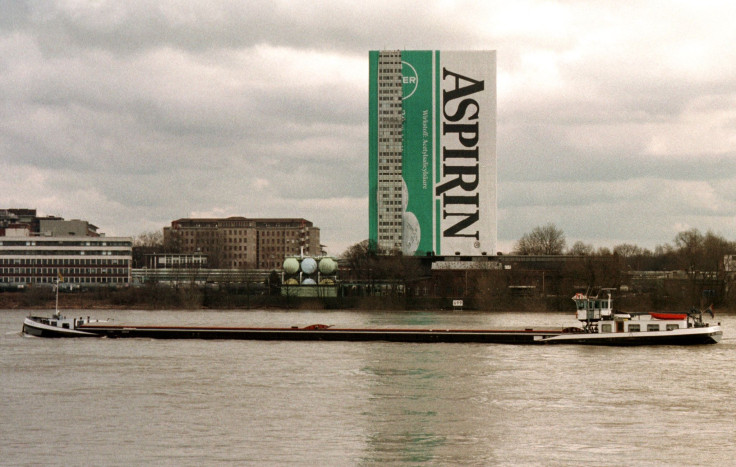World's Largest Clinical Trial To Assess Whether Aspirin Can Prevent Cancer Return

Researchers are conducting the world’s largest clinical trial of its own kind to see whether the daily consumption of aspirin can help keep some common cancers from returning. The Add-Aspirin Phase 3 trial was launched in the U.K. Thursday.
Funded by Britain’s National Institute for Health Research and Cancer Research UK, the researchers will attempt to determine whether taking aspirin daily for five continuous years can help either delay or stop previously treated cancers from flaring anew. They also will look at the drug’s mechanism of action, News-Medical.net reported.
The trial will involve 11,000 patients with histories of bowel, breast, esophageal, prostate or stomach cancers. The patients must have recently had cancer treatment or still be receiving it. Expected to last as long as 12 years, the study will be conducted across 100 centers in the U.K.
Study participants will be divided into three groups, two taking different dosages of the drug and one taking placebo or dummy tablets.
“If we find that aspirin does stop these cancers returning, it could change future treatment -- providing a cheap and simple way to help stop the cancer coming back and helping more people survive,” said Ruth Langley, a medical oncologist who is the senior clinical scientist at the Medical Research Council Clinical Trials Unit at University College London.
However, Langley warned people against taking aspirin by themselves unless they are participating in the trial. Aspirin isn’t considered suitable for everybody, and its use can result in serious side effects unless taken under supervision.
© Copyright IBTimes 2024. All rights reserved.











